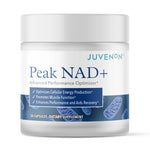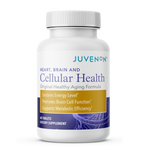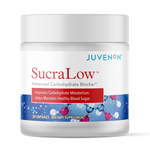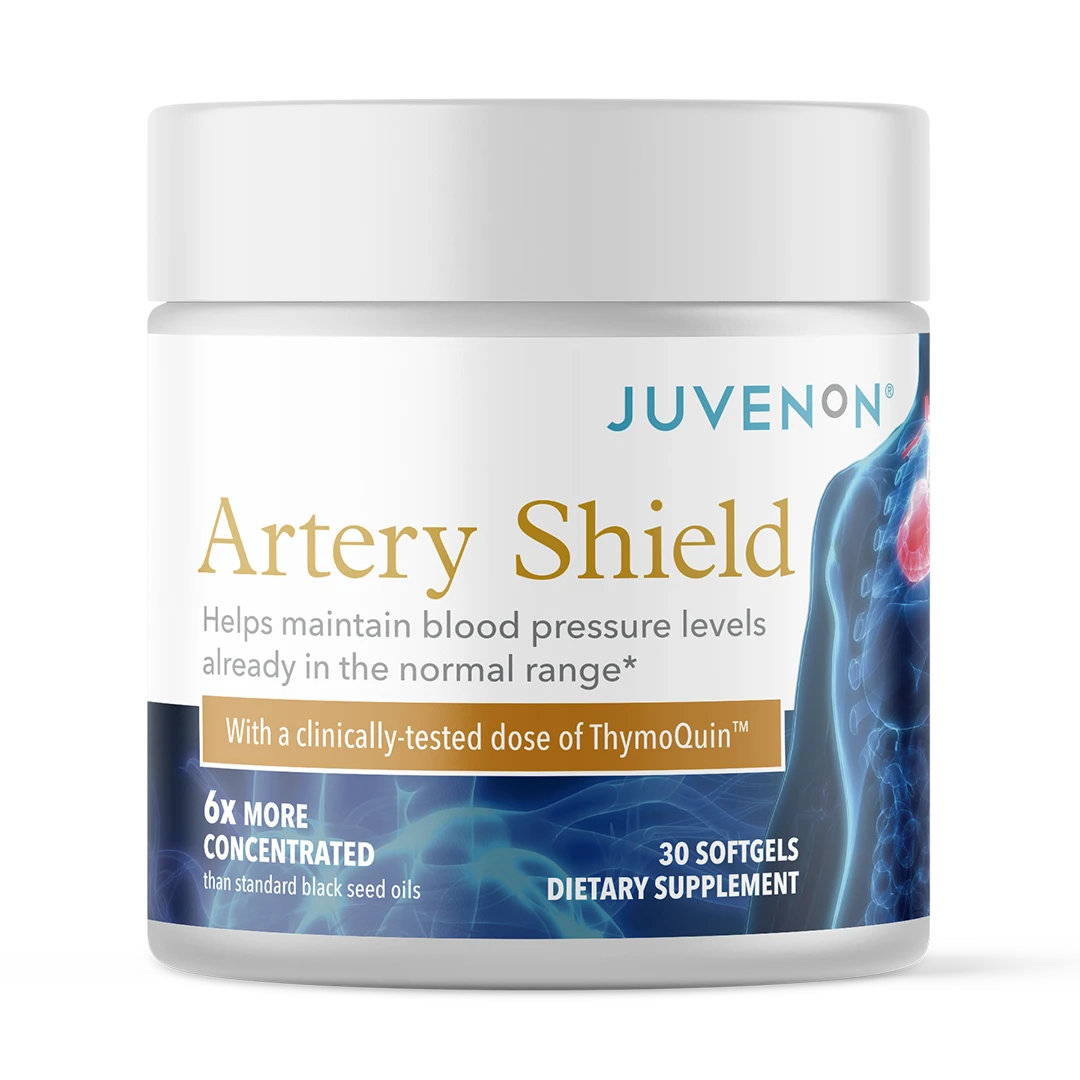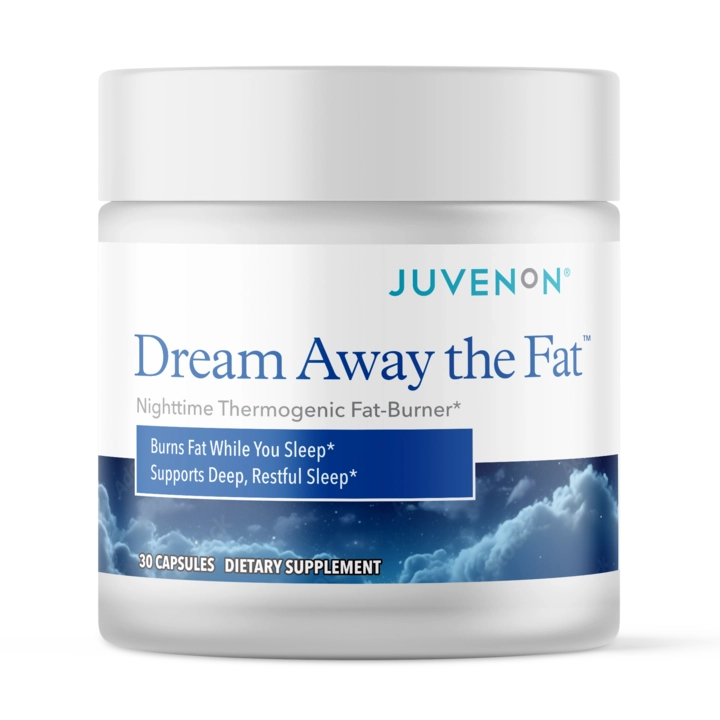The Link Between T Levels, Blood Flow, and Male Potency
Many men face a decline in male potency as they age. This can lead to a decrease in libido, difficulty achieving or maintaining erections (erectile dysfunction or ED), and a general lack of desire for sexual activity. Often, the culprit is a combination of two important factors: declining testosterone levels and reduced blood flow.

In this blog, we’ll dive into the connection between T levels, blood flow, and male potency, and provide practical tips on how to naturally support both to optimize overall health and wellness — and for a fulfilling sex life.
Understanding The Rise and Fall of Testosterone
Testosterone, the king of male hormones, plays a critical role in various bodily functions in men, including sex drive, muscle mass, bone density, and even mood. T levels steadily climb in males during adolescence and peak in the early 20s. Then levels start a gradual decline. This dip accelerates around age 30, with some men experiencing more noticeable effects than others.
By the time men reach the age of 40, testosterone levels are dropping by about 1% to 2% each year. Levels can drop even further in men who lack proper exercise and nutrition. And understand that low testosterone isn't just an age-related issue — certain medical conditions, medications, and even genetics can also contribute.
The Warning Signs of Low Testosterone
Here are common signs of low T men should watch out for:
- Decreased libido and sex drive: A significant loss of interest in sexual activity is a telltale sign of low T.
- Difficulty achieving or maintaining erections (ED):Difficulty achieving or maintaining an erection is a major indicator of low T.
- Low energy and fatigue: Feeling constantly drained and lacking the motivation to engage in physical activity can be a symptom.
- Muscle loss and increased body fat: Low testosterone can make it harder for men to build muscle and makes it easier to gain fat, especially around the midsection.
- Mood swings and irritability: Irritability, mood swings, and even depression can be linked to low testosterone.
The Connection Between Testosterone and Blood Flow
So, how does testosterone impact male potency? Testosterone plays a vital role in the production of nitric oxide, a molecule that acts as a natural vasodilator. This means it relaxes the smooth muscles in the penis, allowing blood vessels to expand and fill the corpora cavernosa, the spongy tissue of the penis, with blood. This is what creates the firmness of an erection.
Testosterone also plays an important role in sperm production. It helps stimulate the testes to produce healthy sperm. Lower testosterone levels can contribute to a decrease in sperm count and quality, potentially impacting fertility.
Other aspects of sexual function are also affected by low testosterone levels. Low T can affect genital sensitivity, contributing to a decreased sensation during sex. Additionally, low testosterone can lead to fatigue and decreased energy, impacting overall sexual stamina.
How to Raise Testosterone Naturally and Take Control of Health
The good news? There are ways to support healthy testosterone levels:
- Exercise regularly: Regular physical activity, especially strength training, is a natural testosterone booster. Aim for at least 30 minutes of moderate-intensity exercise most days of the week.
- Eat a heart-healthy diet: Whole foods like fruits, vegetables, and lean protein can help boost testosterone levels. Limit processed foods, saturated fats, and added sugars, which can send T levels to the danger zone.
- Prioritize sleep: Aim for 7-8 hours of quality sleep each night. Sleep deprivation can disrupt hormonal balance, including testosterone production.
- Manage stress: Chronic stress can wreak havoc on hormones, causing T levels to take a nose dive. Practice relaxation techniques like meditation, yoga, or deep breathing to effectively manage stress.
Blood Flow: The Secret Weapon to Optimal Health and Satisfaction
Blood flow isn't just about erections; it's vital for overall vascular health and wellness. While incorporating a healthy diet and exercise are crucial for promoting good circulation, here are some additional tips to keep blood flowing:
- Maintain a healthy weight and blood pressure: Excess weight and high blood pressure put a strain on the cardiovascular system and can contribute to lower T levels.
- Limit smoking and alcohol: These habits can damage blood vessels and hinder circulation.
- Explore natural blood flow boosters: Consider supplements to increase blood flow to the penis naturally with ingredients like L-citrulline and beetroot extract.
The Bottom Line
By understanding the link between testosterone, blood flow, and male potency, men can take proactive steps to optimize their sexual health and overall well-being. Remember, a healthy lifestyle is the key to maintaining healthy testosterone levels and promoting good circulation. Prioritize regular exercise, a balanced diet, quality sleep, and stress management.
For optimal blood flow, natural blood flow-boosting supplements containing ingredients like L-citrulline and beetroot extract are worth exploring. However, it's important to consult a doctor before starting any supplements, especially if you have any underlying health conditions.
By taking charge of health and making informed choices, men, no matter their age, can ensure a fulfilling sex life well into their golden years.







